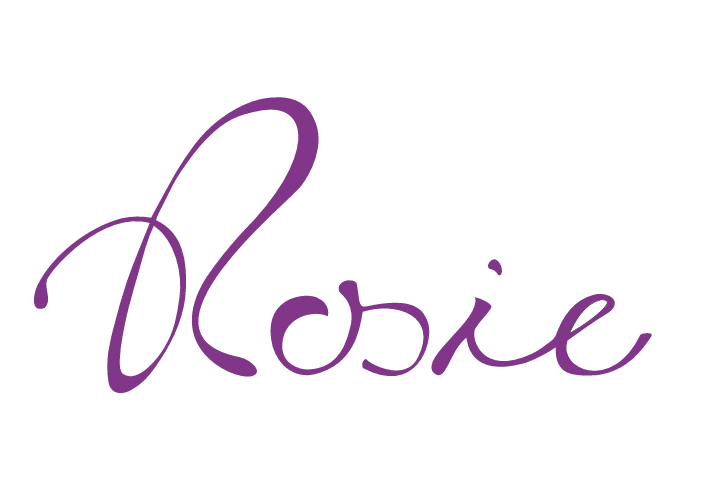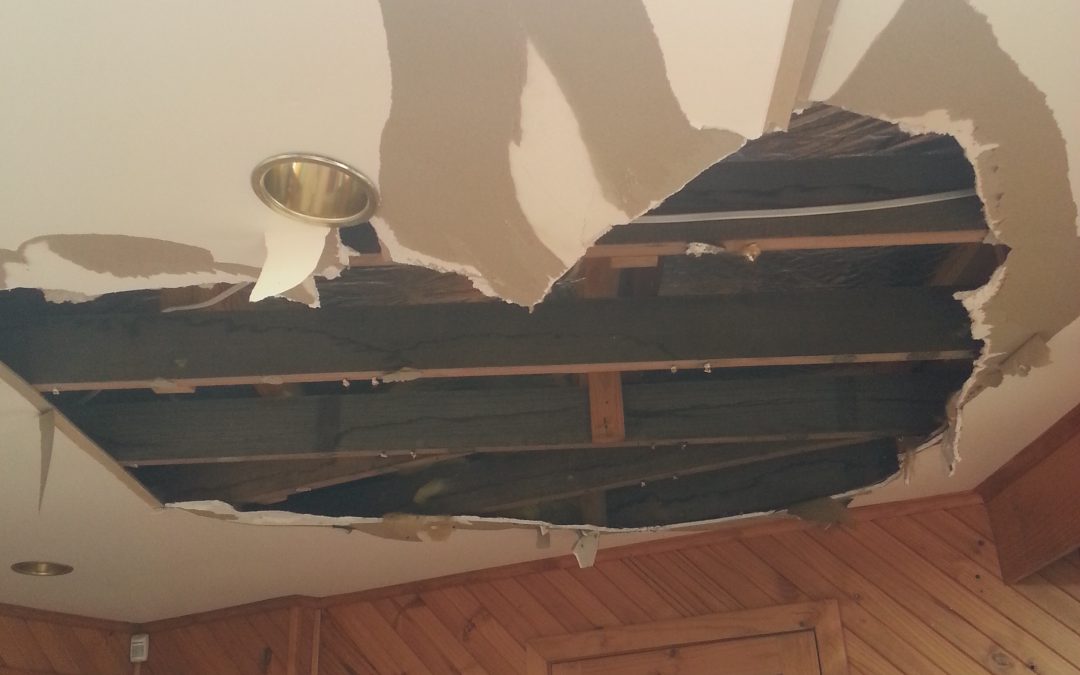At 2am on 11th May 2018, like many other Hobartians, I was standing in the middle of a storm-smashed house ineffectually trying to mitigate inundation and wondering what the morning light would reveal.
It caused me to reflect that any sense of control I might feel I have in life is a gracious illusion permitted by privilege. And that hold on such control is as fragile as a thread.
I also found my thoughts turning to the many people who have been born to lives in which they have had little opportunity to experience a sense of control at any time. Born or cast into the maelstrom of a metaphorical storm such as Hobart experienced on that night – by accident or the circumstances of birth, genetically or socially – living stormy confusion daily, crashing from chaotic mop-up to chaotic mop-up, ever sandbagging against an uncontrollable flow which they didn’t choose for themselves.
I was thinking about some of the people I know with trauma-filled childhoods and communication and literacy disabilities. I have heard many of their stories. They did not call these burdens upon themselves.
Neither did Hobart call for the smashing it received that night – but copped it regardless.
I didn’t go into the city for three days after the storm. Incredibly, I found it pretty much cleaned-up and looking like its usual self!
All thanks and commendation to the state emergency personnel for their professionalism, agility, skill and service coordination.
The problem of an entirely flooded city was important and urgent.
Resources and professional expertise were deployed to respond instantly to the dangers. In three days it was mostly done.
Of course, there are longer-term clean-ups and enquiries still happening. But the ‘big pieces’ critically-foundational to the longer-term work, were in place incredibly fast.
Importance coinciding with urgency yields swift results.
It occurred to me that if low literacy were responded to with both importance and urgency that it could also be cleared up in short order.
Low literacy in Tasmania has been noticed and has become important. But it hasn’t yet been met with a sense of urgency.
Were it to be so, three days would be too little time to put in the big pieces – but three years would not.
The flood was very inconvenient, but the community pulled together and followed the direction of knowledgeable, highly-trained personnel serving for the greater good. We were all in it together. It was urgent. Wonderfully, nobody died of its impact.
Low literacy is urgent. People do die of its impact. Not in Prep. Nor in Grade 3. But by high school, then beyond, we begin to see death as an outworking of educational disengagement, accumulated shame, mental illness and its inevitable damage to relationships, cut-off opportunity, deleterious health choices, lack of meaningful employment and victimisation of others.
Injection of urgency to the state’s response to low literacy could turn this swiftly – both to rescue the flailing and to prevent damage to others at-risk of being swept into this current.
There would be longer-term work of course, but the big pieces critically-foundational to that ongoing work could be in place speedily with the non-judgmental coordinated effort of like-minded people actively appreciating differing skillsets in service of urgent focus on key life-saving changes.
Here’s a mud map:
CONTINUE (and pursue hard) development of warmly relationally-based support for families experiencing struggle in the stimulation of children’s language skills.
HIGH EXPECTATIONS: Everyone can learn to read – it is never too early and never too late.
SCREEN and respond at 3½ years. This is the age at which we can identify those who will have trouble learning to read.
YEAR ONE PHONICS CHECK: This tool is rich in opportunity for growth in knowledge about the phonemic structure of language and how this structure connects to all of language. This knowledge is empowering – even exhilarating – for students, families, teachers and community. And it is essential if Tasmania’s literacy problem is to change.
EDUCATE that systematic synthetic phonics and language are not at war with each other. The former underpins and connects directly to the larger units of spoken and written sentence structure and language. The two knowledges work together and build each other – their relationship is a double-helix not a battleground.
BRING the strongly-evidenced theory and practice of systematic synthetic phonics into the training of all preservice teachers.
BECAUSE IT’S NOW URGENT, give all teachers and teacher assistants enough paid time out of the classroom to undertake upskilling in synthetic phonics – and to reflect and build relational trust for change-work within their schools and teams. Yes, this will cost – but so did the flood-response. And that response was unquestionably worth it to save lives and re-establish productivity. The only difference in the literacy scenario is that the death and productivity-drain are in slower motion. The cost is dwarfed by the costs of non-urgency.
INCREASE the number of speech pathologists in schools and use their existing, extensive phonology and linguistics training to build on collaboration for language and literacy instruction in classrooms.
RESOURCE all early-years classrooms and school libraries with graded decodable-readers.
BRING synthetic phonics training, and resourcing with graded readers, to adult literacy services and its teams of volunteers. Structure the professional, clinical expertise of speech pathologists into these services as mentors and program consultants. Anybody reaching adulthood without adequate literacy skill has a back-story which is complex – not simple.
Urgent, decisive leadership delegating to expert groundworkers flanked by a supportive citizenry restored Hobart after the flood.
The same mode of response will bring Tasmania to full literacy poise in parallel short order – delivering to all Tasmanians the greater opportunities for control and choice which literacy brings.
We should aim for nothing less.
This article was first published in The Mercury on 31st July 2018.

